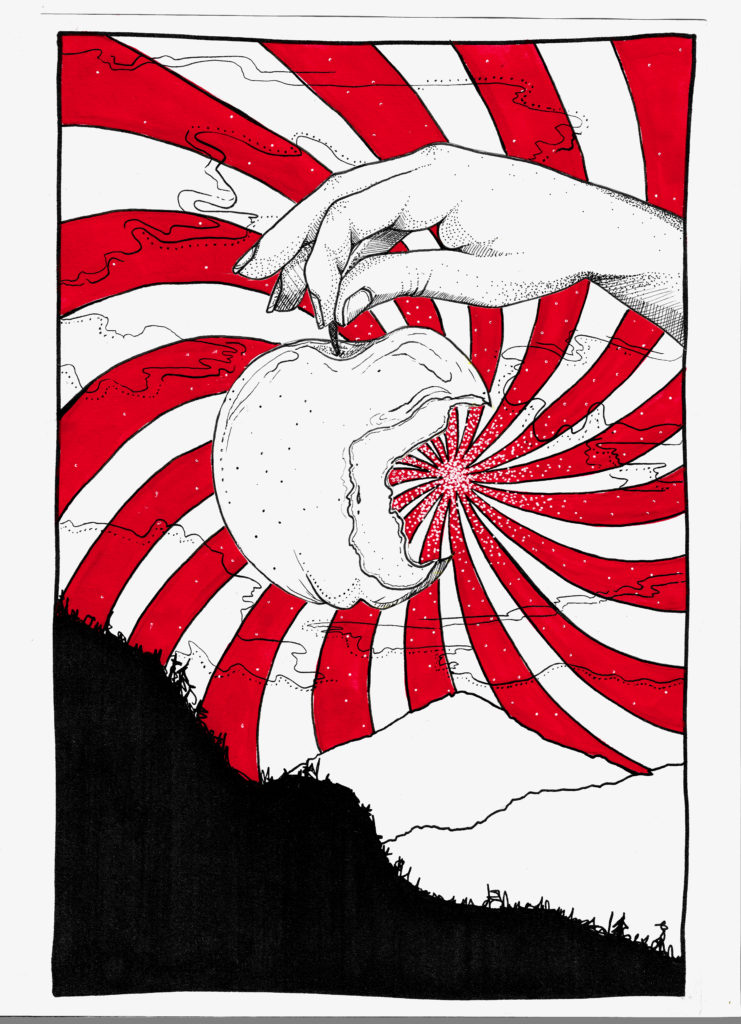Following the publication of new guidance from the government for students returning to university after the Christmas vacation, Oxford University has staggered when in-person teaching is due to begin in Hilary term. For some students, this will mean they do not need to return to Oxford until first week to begin in-person lessons in second week.
Subjects have been sorted into two groups. In-person teaching for courses in group one will begin from Monday 18th January, and Monday 25th for group two. Subjects requiring in-person practicals such as sciences and medicine, and finalists reading for humanities have been prioritised for return at the beginning of term. For students studying subjects in group two, any scheduled teaching which takes place before their return date will take place online.
The University has advised students to arrive at least four days before whichever date applies to their course in order to take two lateral flow tests. Colleges have issued advice to their students about how they should plan their return to accommodation in light of social-distancing guidelines and when in-person teaching for their subject resumes.
Undergraduate courses are listed below according to which group they fall into.
Group 1 – 18th January
Humanities
BA Ancient and Modern History – Finalists only
BA Classical Archaeology and Ancient History – Finalists only
BA Classics – Year 2 only
BA Classics and English – Finalists only
BA English and Modern Languages – Finalists only
BA English Language and Literature – Finalists only
BA European and Modern Languages (Arabic) Finalists only
BA Fine Art
BA History and Economics – Finalists only
BA History and English – Finalists only
BA History and Modern Languages – Finalists only
BA History and Politics – Finalists only
BA History – Finalists only
BA Music
BA Oriental Studies – Arabic, and Arabic and Islamic Studies Finalists only
Bachelor of Philosophy
MPLS
BA/MBiol Biology
MChem Chemistry
BA/MEarthSci Earth Sciences
BA Geology
MEng Engineering Science
BA/MEng Materials Science
BA/MPhys Physics
BA/MPhysPhil Physics and Philosophy
Medical Sciences
MBiochem Biochemistry
BA Experimental Psychology
BA Psychology, Philosophy and Linguistics
Pre-clinical (years 1-3) and Clinical (years 4-6) Medicine
Graduate Entry Medicine
Social Sciences
BA Geography
BA Human Sciences
Group 2 – 25th January
Humanities – * indicates that students in years which were not directed to return by 18th January should now do so.
BA Ancient and Modern History*
BA Classical Archaeology and Ancient History*
BA Classics*
BA Classics and English*
BA Classics and Modern Languages
BA Classics and Oriental Studies
BA English and Modern Languages*
BA English Language and Literature*
BA European and Middle Eastern Languages*
BA History and Economics*
BA History and English*
BA History and Modern Languages*
BA History and Politics*
BA History of Art
BA History*
BA Modern Languages
BA Modern Languages and Linguistics
BA Oriental Studies*
BA Philosophy and Modern Languages
BA Philosophy and Theology
BA Religion and Oriental Studies
BA Theology and Religion
MPLS
BA/MCompSci Computer Science
BA/MCompSciPhil Computer Science and Philosophy
BA/MMath Mathematics
BA/MMath Mathematics and Statistics
BA/MMathCompSci Mathematics and Computer Science
BA/MMathPhil Mathematics and Philosophy
Social Sciences
BA Archaeology and Anthropology
BA Economics and Management
BA Jurisprudence
BA Jurisprudence (with Law in Europe)
BA Philosophy, Politics and Economics
The Pro-Vice Chancellor and Chair of the Conference of Colleges have recommended that students refer to communications from their department and college, and the Christmas vacation section of the university’s coronavirus website for further information.





